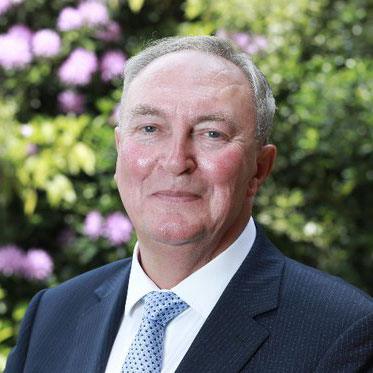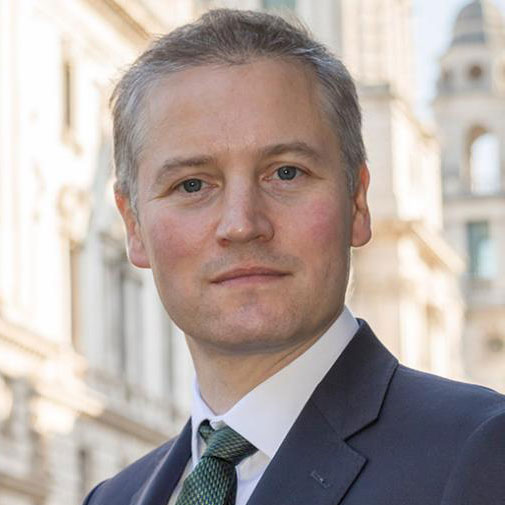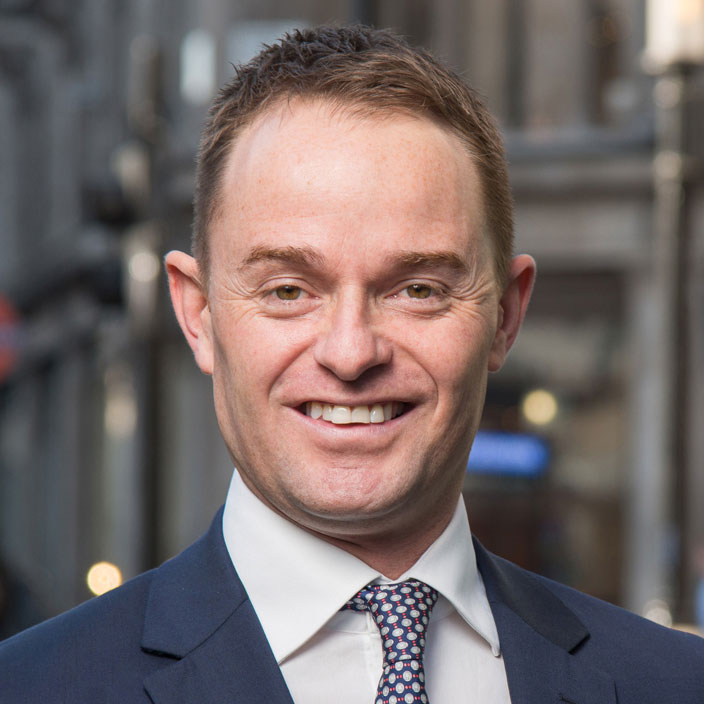Retail
Britain was once derided (by a Frenchman) as ‘a nation of shopkeepers’. In typical British fashion we often cite the quote as a point of pride. Despite the challenges of the pandemic, the UK retail sector stills employs three million people across 310,000 businesses. Mace’s latest index focuses on those with political influence as our high streets reopen for business.
Pre-pandemic, the UK’s retail sector made up 7.5% of total economic output. From early department stores to leading the world in online commerce, Britain has always spearheaded innovation in retail – and now it faces unprecedented challenges.
In 2020, physical non-food sales fell by 25%. Non-food sales overall fell by 5% – still the worst annual fall since records began. Christmas didn’t bring much cheer: high streets were largely closed for business.
When sales drop, jobs are lost: 180,000 in 2020. Companies fell, too. Bonmarché, the Arcadia Group (with brands like Topshop and Miss Selfridge) and Peacocks all closed their doors. Much-loved brands have flailed – visibly. John Lewis has closed 16 stores.
In response, the Government has introduced the Welcome Back Fund, providing councils across England a share of £56 million from the European Regional Development Fund (ERDF) to support the safe return to high streets and help ‘build back better’ from the pandemic. This funding builds on the £50 million Reopening High Street Safely Fund (RHSSF) allocated to councils in 2020 and forms part of the wider support government is providing to communities and businesses.
Yet politicians were urging action to save our high streets long Covid. Every MP will have some form of high street in his or her constituency and every voter will have seen their changing nature. How will the industry recover from such a crushing setback?
A good person to ask would be Simon Wolfson – CEO of Next and one of the few businesspeople to predict the 2007 financial crash. In April, he outlined three issues that he believes will determine the future of retail: consumers’ desire to visit physical stores, levels of rent as dictated by landlords and business rates reform.
Despite online sales having jumped 20% during the pandemic, most companies are betting on a hybrid model. And movement is not only flowing in one direction: Amazon opened its first physical store in the UK this year. The build-back success of high street staples like M&S and John Lewis will most likely determine the future of the high street. Politicians will be watching.
Looming over all this is the climate emergency. Sustainability and waste have dipped below the top retail headlines during the pandemic, but this won’t last forever. Companies making changes to reduce waste, eliminate plastic and cut emissions are the companies of the future.


















